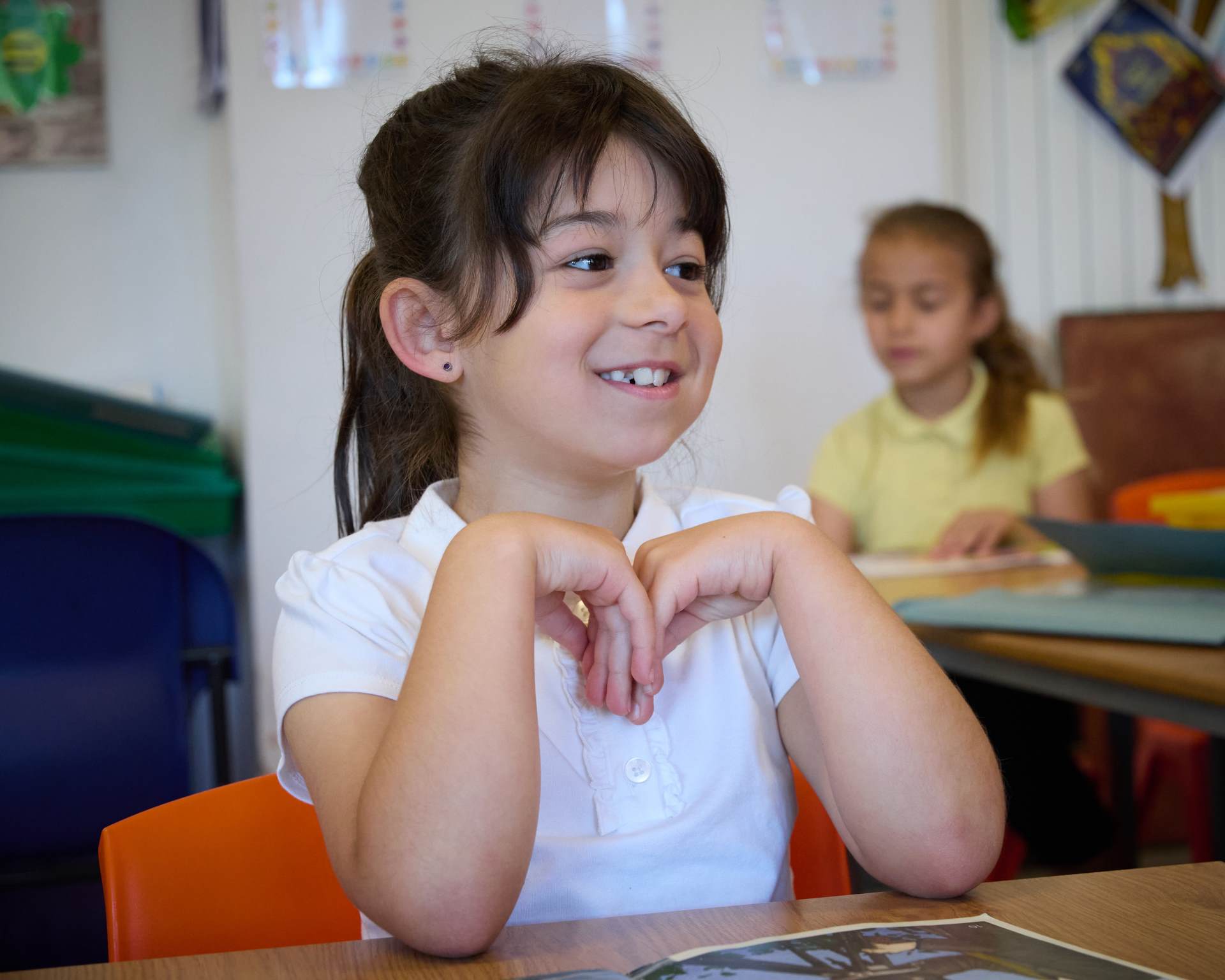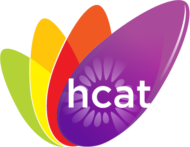Our Curriculum

Curriculum Statement
Curriculum Intent
At Eastfield Primary School, the curriculum has been designed in response to what we already know about our pupils. Our curriculum is designed to build on what has previously been taught and learned to ensure that academic achievement, physical and mental wellbeing, growth of character and personal development are intrinsically linked for the purpose of equipping our pupils with firm foundations of the requisite knowledge, skill and strength of character needed to be successful in life.
Our ‘SMART’ Values’ are set out to drive the curriculum and provide all stakeholders with explicit understanding of the school’s vision in securing quality of education for all pupils. The HCAT Signature and its five strategic pillars, underpin the core values for all stakeholders in our community and our SMART values harness all the core values for pupils.
Our curriculum is designed to:
- Empower our pupils to be self-regulating, self-motivated individuals who are equipped for later life, through the values of Restorative Practice. Pupils will have a moral purpose and are confident that what they do will contribute to change in the world.
- Be ambitious with a clear focus on developing basic skills in order to access the full curriculum on offer. The school considers reading and writing to be fundamental skills needed for knowledge acquisition and communication of learning across all subjects in the curriculum.
Reading widely builds social and cultural capital. The school has developed a whole-school reading diet to ensure fluency is secured early across EYFS and Key Stage 1 with a program of phonics to support pupils to achieve the expected age-related skills in reading and writing. The teaching of phonics continues into key stage 2 where pupils have not met the expected standard. The teaching of reading is developed across the school to promote children’s love of reading as well as language enrichment, through the use of texts to support learning and engagement across the curriculum.
- Be coherent, where simpler concepts are presented before more complex ones.
Concepts are planned and designed to interrelate at the appropriate level. We aim to offer a high-quality teaching and learning experience based on the acquisition of key knowledge and skills where across the school and in all subjects, knowledge is progressive and concepts are sequential. The skills and knowledge they acquire will help them develop a love and appreciation of every subject, both in itself and alongside other subjects, making links and comparisons to deepen understanding.
- Meet the needs of all learners in order that all pupils realise their own potential. Starting points may differ and progress is measured from individual starting points where this is the case. The curriculum includes clear, planned opportunities for pupils to thrive together and understand that individual characteristics make people unique in a positive way.
- Take in to account the local context of our pupils. The curriculum is designed to provide opportunities to extend learning beyond the classroom and at times involve the wider community, in order to enrich the curriculum offer. All subjects are planned to take into account high quality provision and resources in the local area as well as celebrating the greatest artists and designers of our time. Pupils need to be influenced by factors in their home environment so they can relate to the lives of others. Resources will be diverse and celebrate pupils’ heritage; resources will also serve to educate pupils on the similarities and differences in heritage, in order to promote the culture of the school.
- Encourage pupils to nurture, develop and extend their interests beyond school to a high standard.
- Promote the necessary characteristics for future employability, centered around enterprising skills such as innovation, creativity, teamwork and strategic thinking.
- Ensure each and every one of our pupils understands and embraces modern British values.
HCAT Signature
Pupils at Eastfield Primary School will demonstrate the key characteristics and skills required to achieve success:
Academic readiness: Achieve high standards across the curriculum.
Character building: Acquire and develop virtues to enable them to flourish as individuals, achieve their potential and live meaningfully and harmoniously in the community.
Wide experiences: Cultivate their particular interests beyond school.
Restorative behaviours: Be equipped with transferrable life skills that prepares them for a rapidly changing world, increases employability, gives them the ability to cope with setbacks and disappointment in a positive way and encourages them to learn for the rest of their lives.
Socially and emotionally secure: Demonstrate strong foundations of skills and attitudes that enable them to participate fully in and contribute positively to life in modern Britain by making a positive contribution to society.
Aims of the School Curriculum
The broad aims for the school curriculum are:
- Ensure Restorative Practice contributes effectively to building a self-regulating, self-motivated individual who consistently demonstrates respect, leadership and resilience when faced with adversity and challenge.
- Provide an extensive curriculum with an emphasis on developing basic skills.
- Provide a curriculum that encourages pupils to extend their interests beyond school, for example, club level sport.
- Provide a coherent, carefully sequenced curriculum in every subject area which is designed to enable children to know more and remember more.
- To ensure the curriculum will include clear planned opportunities for pupils to thrive together and understand that individual characteristics make people unique in a positive way.
- Provide high quality teaching experiences, which excite and motivate children in the classroom and beyond. Provide enrichment opportunities where learning and teaching can take place beyond the classroom and at times involve the wider community such as parents and carers. Use a wealth of relevant resources – in classrooms, outdoors, in the local community and the wider area, including visits and visitors.
- Encourage our pupils to develop their enterprise skills in order for them to grow into innovative, creative, strategic-thinking individuals who are equipped with skills that underpin employability.
- Ensure each and every one of our pupils understands and embraces modern British values.



